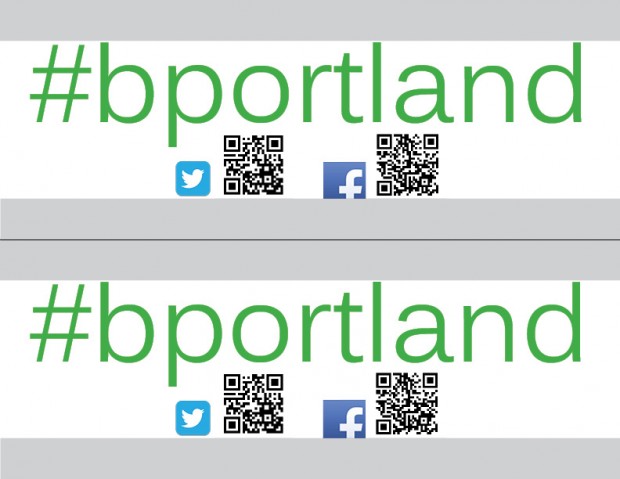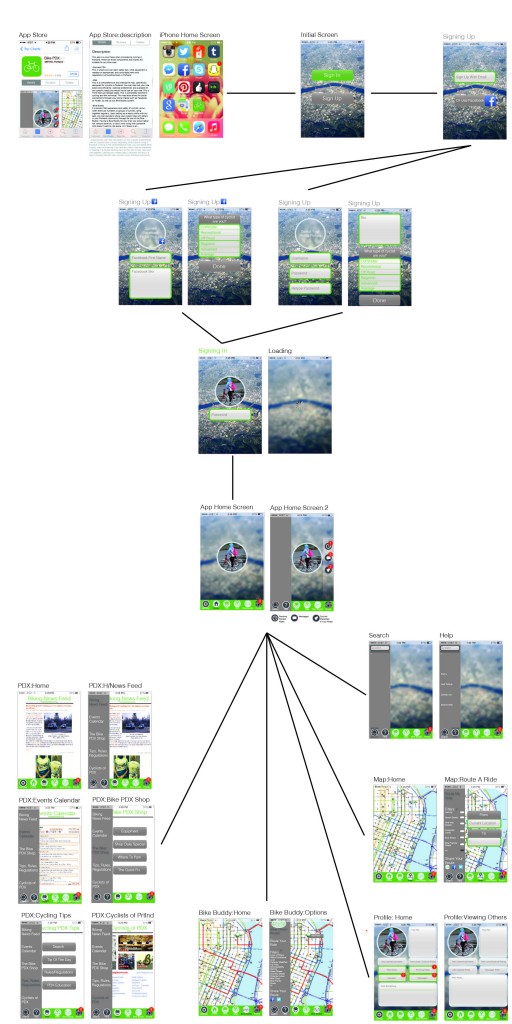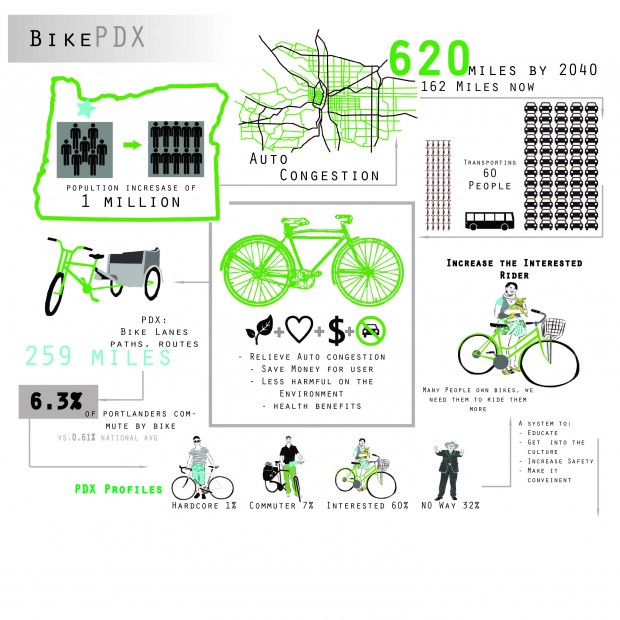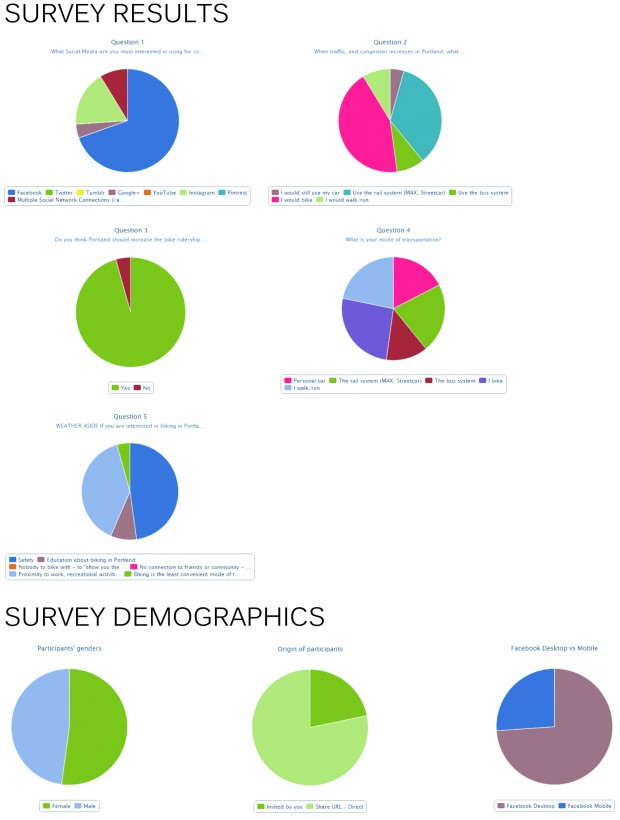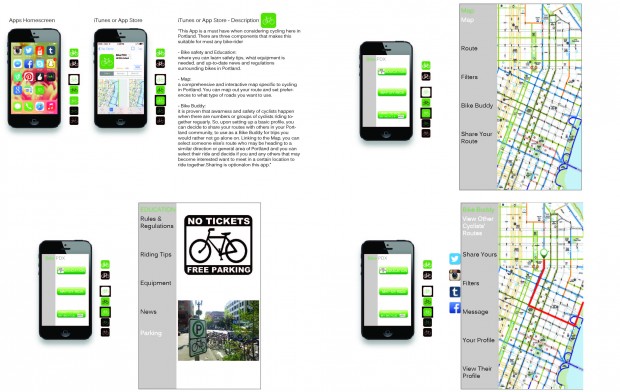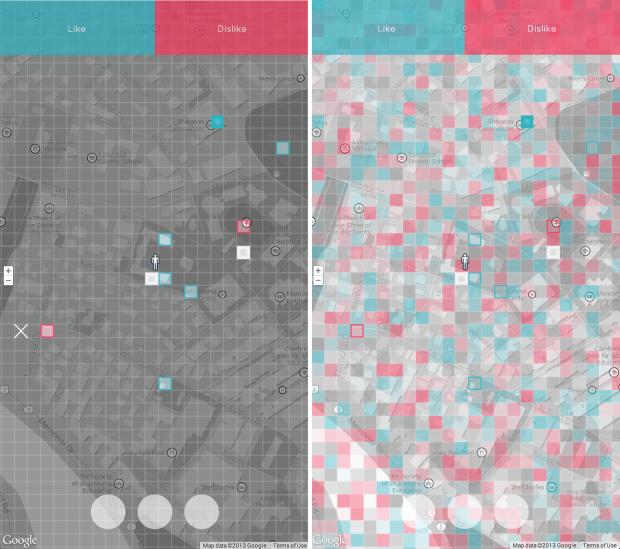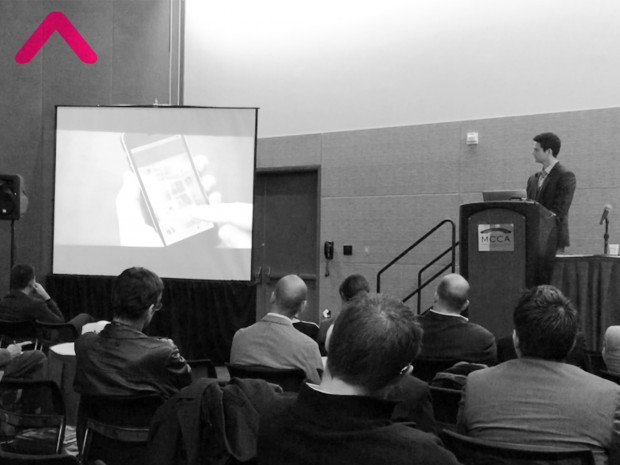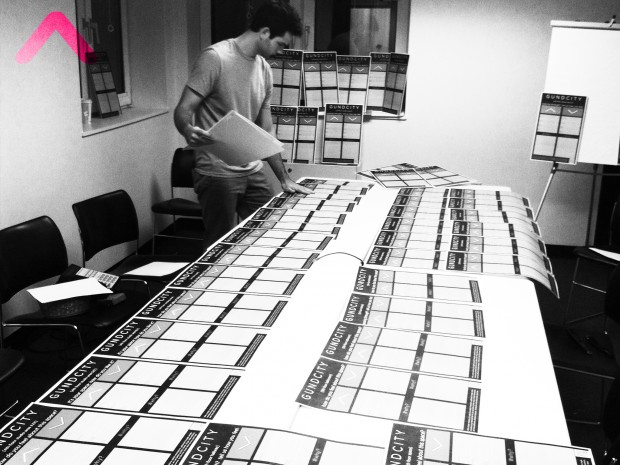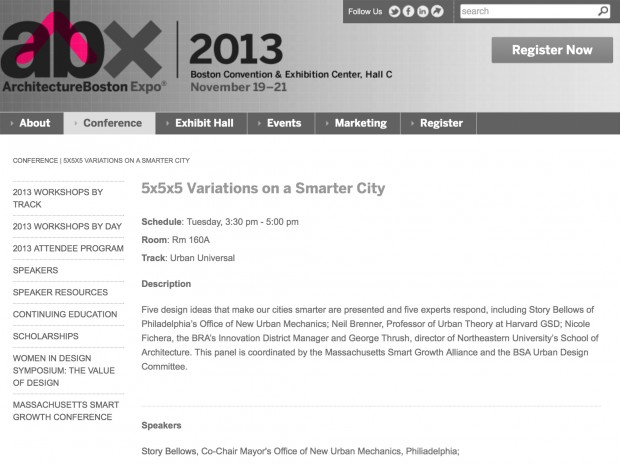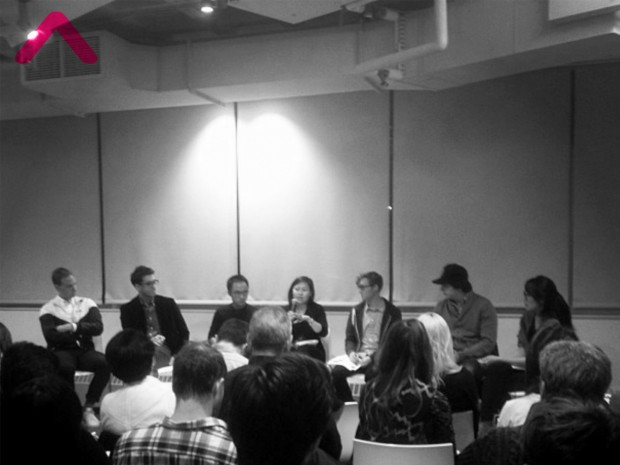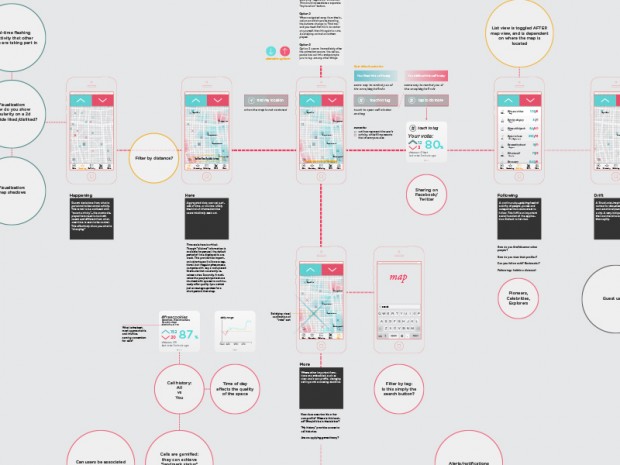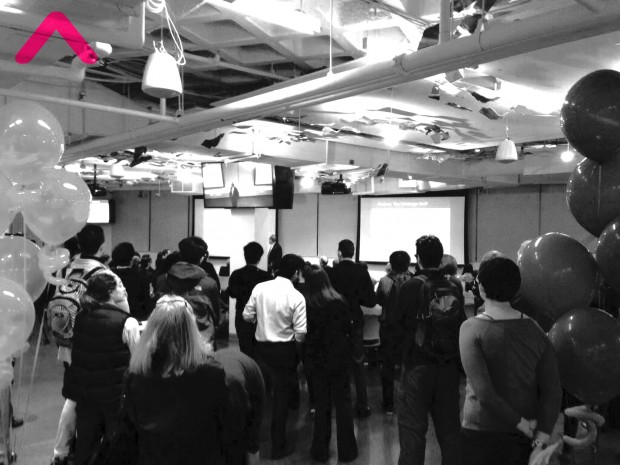Networked Urbanism
design thinking initiatives for a better urban life
apps awareness bahrain bike climate culture Death design digital donations economy education energy extreme Extreme climate funerals georeference GSD Harvard interaction Krystelle mapping market middle east mobility Network networkedurbanism nurra nurraempathy placemaking Public public space resources Responsivedesign social social market Space time time management ucjc visitor void waste water Ziyi

digital
Working with the digital environment: the data, information and knowledge bits that flow over the Internet, and the interactions between them and the people. Looking into the connections and possible synergies between the digital and physical aspects of urban life.
PROJECT STATEMENT
The problem is the future strain on Portland’s transportation infrastructure, due to the expected population growth of 1 million people by the year 2040.
Portland is expecting to become denser, and though Portland’s population has increased, the congestion of traffic has not. This is due to Portland’s predominant bike culture. Portland is America’s biking capital, with a bicycle commuter rate of 6.3% vs. the national average of 0.61%. There is already an existing system of bicycle pathways through the city of Portland, so building new infrastructure is not the way to generate more cyclists.
Our intent is to help Portland reach the modal split goal of 25% bicycle trips taken by the population inside the metro area. (more…)
We have created page accounts to go along with our app. This allows for deeper connection and to get the ball rolling on creating this app as a marketable item. Also along with the use of Facebook and Twitter as base pages, we have created a hashtag that goes along with our app and pages to further group conversations and connections.
https://www.facebook.com/bikingportland
https://twitter.com/BikingPDX
#bportland
Here is a mapped out version of the development of the Bike PDX app so far…
We constructed a survey to better understand the people of Portland.
Here is the mock-up of the base structure/design of the interface of the App.
Pixel is a web-based application that enables the public to explore the city in entirely new ways. Through the collection and mapping of real-time public sentiment, Pixel also generates a layer of information that can provide planners and policy-makers with profound insights into how people experience the city.
Pixel has been in development for several months, and the process has drawn on the input of numerous researchers and experts in a variety of fields at the intersection of design, technology, and urbanism. (more…)
Tuesday was game day. We took our idea to the ArchitectureBoston Expo first and to a working group at MIT thereafter. The feedback we received was more than helpful and certainly encouraging. We are excited to announce that the City of Philadelphia might be interested to pilot the project once we have a workable product.
Scott Liang | TJ McCourt | Benjamin Scheerbarth
This week is dedicated to collecting data to test our hypothesis (overlaying objective and subjective locational data might yield surprising and insightful junctures that can prompt targeted interventions and learning). For this, we are using Gund Hall, the main building of the Harvard Graduate School of Design, as laboratory.
Follow this link for the online part of the survey: https://docs.google.com/forms/d/1Hmga5pfhh6O-qWE6c0oSJbpWpZ56aS_2BRmbgfLuBMs/viewform
Scott Liang | TJ McCourt | Benjamin Scheerbarth
We got excited when we found out that the 5x5x5 submission we blogged about earlier was successful. In consequence, we will present our idea at Boston’s Architecture Exposition next Tuesday. As luck has it, we will also speak at MIT twice next week. If nothing else, we are looking forward to some really good feedback from experts of the field.
Follow this link for the event: http://www.abexpo.com/conference/5x5x5-variations-on-a-smarter-city/
Scott Liang | TJ McCourt | Benjamin Scheerbarth
This week, we went to Harvard’s iLab for a panel discussion on design and entrepreneurship. Although the speakers addressed this relationship on a higher level than we do (design impact on business models), we came out inspired to test our technology sooner rather than later, expose its flaws, get feedback, and adjust incrementally.
Follow this link for the event: http://ilab.harvard.edu/calendar-event/content/design-entrepreneurship
Scott Liang | TJ McCourt | Benjamin Scheerbarth
This week was a great week in terms of the amount of feedback we received at studio midterms. While this can be a grueling exercise, it is certainly a luxury to be exposed to people who find the wholes of the project and brainstorm their filling with you. We will now take in some new ideas and readjust our focus for the next weeks.
Scott Liang | TJ McCourt | Benjamin Scheerbarth
This week we came across the President’s Challenge for entrepreneurship hosted by the Harvard Innovation Lab. With ‘efficient governing’ launching as a new category this year, we might work on putting together a submission. At the information meeting, we already met a few people who expressed interest in our project. In following up with these new connections, we hope to not only to kindle beneficial relationships, but perhaps spark a new and exciting endeavor.
Follow this link for the website of the challenge: http://ilab.harvard.edu/experiential-learning/presidents-challenge
Scott Liang | TJ McCourt | Benjamin Scheerbarth
1 2 3 … 5 Next »
